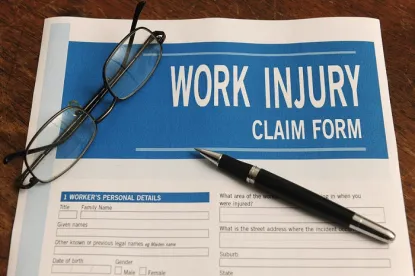It may be back to the drawing board for OSHA. OSHA had previously announced its intention to make changes to its 2016 Improve Tracking of Workplace Injuries and Illnessesregulation, but the recent Unified Agenda of Regulatory and Deregulatory Actions released December 14, 2017 provides some specific detail on what employers may expect as proposed changes to this regulation.
When OSHA initially proposed the Improve Tracking of Workplace Injuries and Illnessesregulation, employers voiced employee privacy concerns over the requirement (for establishments with 250 or more employees which were required to keep injury and illness records) to electronically submit to OSHA Forms 300, 301 and 300A. OSHA originally intended to publish the data with the reassurance to employers that personally identification information (PII) would not be released. The rationale for publishing the collected injury and illness data was that public exposure would result in improved safety and health.
In issuing the original regulation, OSHA stated its intention not to publish personally identifiable information (PII) included on Forms 300 and 301. However, in this recent regulatory agenda OSHA has now admitted it cannot guarantee that PII will not be released. If that is the case, the Agency will not make the information publicly available. Consequently, the stated safety and health benefit in collecting the data no longer exists. Therefore, OSHA proposes to limit the electronically collected information to the OSHA 300A Forms, which do not contain PII. In the regulatory agenda OSHA stated:
OSHA proposes to amend its recordkeeping regulation to remove the requirement to electronically submit to OSHA information from the OSHA Form 300 (Log of Work-Related Injuries and Illnesses) and OSHA Form 301 (Injury and Illness Incident Report) for establishments with 250 or more employees which are required to routinely keep injury and illness records.
It appears OSHA will limit the electronic submission of injury and illness data to the 300A Form for all covered employers. Additionally, OSHA will seek comment on the costs and benefits of adding the Employer Identification Number (EIN) to data. This would allow OSHA to match its data to the Bureau of Labor and Statistics (BLS) Survey of Occupational Injury and Illness and would relieve employers of the burden of reporting to both OSHA and BLS. OSHA is also seeking comment on “feasible alternatives” to its proposal.




 />i
/>i

